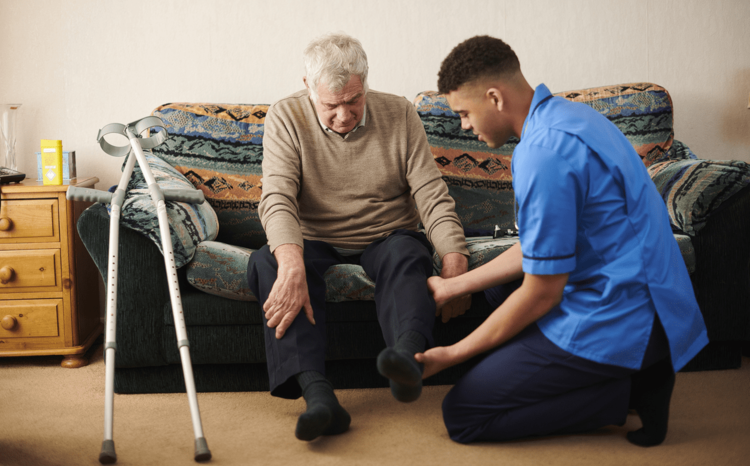Ofcom forecasts growth in healthcare IT
- 8 May 2008
Media regulator Ofcom has picked healthcare as a key sector for the widespread deployment of information technology in its latest report on trends.
Tomorrow’s Wireless World, the third annual report from its technology research programme, says “breakthroughs leading to fundamental shifts in the underlying science” of ICTs are rare, and there is unlikely to be a breakthrough in the next ten years.
But it also says that “the general pace of technological advancement is very strong indeed” with “wireless sensor networks moving from the military to the civilian domain” and developments in copper wire networks allowing higher data transfer rates to be achieved.
The report picks out transport and healthcare as two sectors likely to benefit from both trends. For example, it argues that “body area networks” could be used to “monitor vital signs and automatically change drug dosages” and that “home hubs” could transmit information to GP practices when necessary.
It argues this would “empower the individual to take more responsibility in maintaining their health, freeing up resources within the NHS for other, higher priority uses.” However, as a watchdog, Ofcom’s main interest is in whether it needs to take regulatory action or allocate spectrum to potential developments.
In the case of healthcare, it argues that most developments are too far off to need immediate regulatory action and that “many of the applications could be deployed over existing local area or cellular networks.”
However, the report identifies three areas for further research and attention. It says body area networks, which are used to connect implanted medical devices, are “safety critical” and the “existing allocation of spectrum at around 400MHz may need to be monitored and, if necessary, reviewed.”
It also says the regulator will look at whether dedicated spectrum is needed for “safety critical” streaming over local area networks, and monitor the spectrum used for social and emergency alarms to check whether it is becoming congested as these become more widespread.
Tomorrow’s Wireless World makes a number of assumptions about the future demand for health and for technology. It assumes that economic growth in the UK will be around 2.25 per cent over the next 20 years, and that around 10.3 per cent of GDP will be invested in healthcare. This would see spending on health and social care rise to around £215 billion by 2025.
Alongside this, it assumes a continued growth in technological innovation and in standards setting, so that new devices are easy to interoperate and deploy. It also assumes that extra funding for the NHS will be made available for new technology and that staff will expect to use it.
Similarly, it assumes that the public will be willing to spend on new technology, to use it “in all areas of their lives”, and that they will be persuaded to take more responsibility for their health and preventing ill health in later life.
And it assumes that policy trends emerging now will be followed through, so that primary care is increasingly shifted into the home, hospital care is moved into more specialist units and private providers are more widely accepted.
Against this background, the report argues that devices and networks will be used by individuals and all parts of the healthcare system. For example, it says “appointment reminders” could be sent to patients over public wireless networks and that medication devices could be given to patients to automate medication and check drug compliance.
It also says sensors could be fitted in the home or even to individuals’ bodies to allow them to monitor their own health or to transmit information to professionals and alert services.
It says visiting professionals, such as GPs and ambulance staff, could have access to medical records and other information on hand-held devices and video-conferencing support, again using public or dedicated networks. And it says hospitals could make use of a wide-range of technologies to access patient records, track drugs and other key assets, and allow staff to contact each other.
Although many of these developments are on the near horizon, Ofcom says that “in order to realise the benefits, the health sector, technology and telecommunications industries must work closely together” and “there may be a case for a task force to bring together the stakeholders, monitor the use of health ICTs and spread best-practice examples of use.
It says the Department of Health should “take a more active responsibility for the use and management of the radio spectrum by the healthcare sector and particularly by the NHS” and that the DH should set up a body to oversee this work – and ICTs more generally.
Link
Tomorrow’s Wireless World: Ofcom’s Technology Research Programme 2007/08 (PDF)




